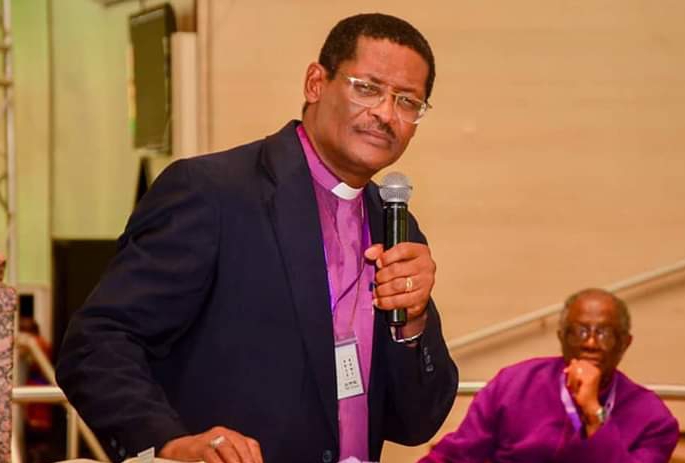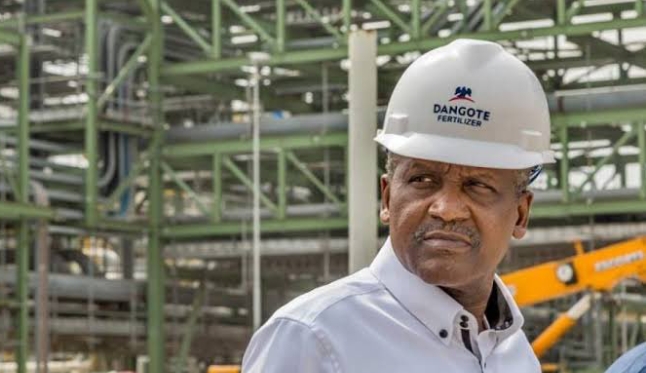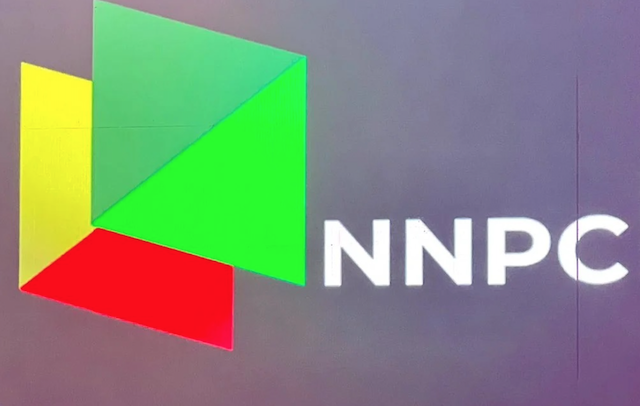You have to feel for today’s generation. Of all the deprivation inflicted on them by the by the chain of failed leadership in Nigeria, the most severe is denying them access to the works of first generation literary giants Nigeria gave to the world. In my growing up days, we did not have to wait until preparing for WAEC before having to read novels that shaped our world view on leadership and lack of it. Before pivoting to the various areas of academic specialisation on moving to the old Class 4, every secondary student had to read great literary works like Chinua Achebe’s Things Fall Apart, No Longer At Ease and A Man of the People. That is if other great works like George Orwell’s Animal Farm and numerous others are not factored in.
I wonder if secondary school students are being given the privilege of reading such great literary works. Can the title of this piece resonate with them? Unoka was one of the less celebrated characters of Things Fall Apart. He was Okonkwo’s father, who died ten years prior to the opening of the novel. Although Unoka is not physically present in the novel, he played an important role in Okonkwo’s memory. Ever since he was a child, Okonkwo felt deeply ashamed of his father.
Unoka was afraid of blood and violence and had no interest in gaining a title in his village. He was lazy and unwilling to work for a living. Characterized as a tall, thin man with a slight stoop, Unoka was Okonkwo’s father. He appeared “haggard and mournful except when he was drinking or playing his flute.” Unoka was an ill-fated man. He had a bad ‘chi’ or personal god, and evil fortune followed him to the grave, more like to his death, for he could not enjoy the privilege of being buried in a grave.
A foil to Okonkwo, Unoka was not a successful or respected man and specialised in accumulating debt he never repaid. Achebe told of Unoka’s wall where he marked the loans he collected from his contemporaries. And when any of his creditors came to remind him of the debt he owed, he would point to the wall to prove to the creditor that he is not the only one he is owing or the first. The despondent creditor would be dismissed with the regular promise that the debt would be paid as soon as he got the money. Unoka never got the money nor paid his creditors.
Unoka did not provide for his family and Okonkwo grew up without having enough to eat. Because of Unoka’s personality, Okonkwo grew to resent him.
Unoka was irresponsible. He was poor, lazy, and neglectful of his wife, and he did not plan for the future. During his life, he never gained status or respect from the villagers. Bad fortune followed Unoka, even to his death. He died of swelling in his stomach and limbs — an affliction not acceptable to ‘Ani’, the earth goddess. He, therefore, could not be buried properly, so he was taken to the Evil Forest to rot, making Okonkwo even more ashamed of his father.
Okonkwo lived the opposite of Unoka by being “a wealthy farmer and had two barns full of yams” and was hardworking. He was respected by elders and kings, and he considered himself their equal. While Unoka was a dream, Okonkwo was a man of action and worldly success.
There is so much in common between Unoka and the Nigerian National Petroleum Corporation (NNPC). In the latest effort in dressing the failed state oil behemoth in borrowed robes, ‘Limited’ was added to its nomenclature in a deceitful arrangement that created the false impression that it is a limited liability company. At the time NNPC was established in April 1977, other oil producing countries also set up their own state oil companies. About the time NNPC was established, Saudi Arabia’s Aramco and Brazil’s Petrobras also came on stream with similar mandates.
All three companies were the dominant players in their respective country’s oil sectors and are among the top three oil producing countries in each of their respective regions. However, this is where the similarities end, as Nigeria’s oil company has not been able to compete with these companies in terms of profits or to even refine and supply products to its citizens.
Just like Unoka, NNPC has been irredeemably irresponsible, poor, lazy, and neglectful of its mandate, and never planned for the future. NNPC has never been successful or respected and specialised in accumulating debt it could ever repay. While its contemporaries – Aramco and Petrobras – blossomed, attracted investments, managed state-owned refineries and built additional ones while making refined products regularly available in their countries, NNPC presided over the progressive decline of Nigeria’s oil industry. Again, just as Unoka, NNPC has been unwilling to work for a living. It has not gained status or respect from the international community. NNPC has had a bad ‘chi’ and evil fortune stalking it and will ultimately shepherd it to its looming grave.
Chief Olusegun Obasanjo usually tells the story of how he bought 19 new general cargo ships for the now liquidated Nigerian National Shipping Line (NNSL) as military head of state. When he returned years later as elected president, NNSL was no longer there. Sani Abacha had got exasperated with its poor state and liquidated it.
Actually, NNPC has fared much worse. It superintended over the failure of four modern refineries built and handed over to the behemoth to manage. For more than 25 years, the four refineries in Warri, Kaduna as well as the two in Port Harcourt have been moribund. NNPC has bequeathed to Nigeria a fraudulent regime of petrol subsidy through which billions of dollars are fleeced out of the national economy every year being the sole importer of refine products.
Now that the long expected refinery built by Aliko Dangote is on stream, NNPC wants to be the sole buyer for delivery to independent marketers so it can sustain its fraudulent pricing template. On the other hand, its contemporaries have become global conglomerates involved in all chains of the oil industry.
When Unoka died, from his ashes sprang a warrior, achiever, a man of honour in Okonkwo. NNPC has to die for Nigeria’s oil industry to survive and tread the path of growth. NNPC has been pampered for too long. It cannot and can never be productive. It is too steeped in the rot it created for itself. Bury NNPC. An Okonkwo may probably arise.
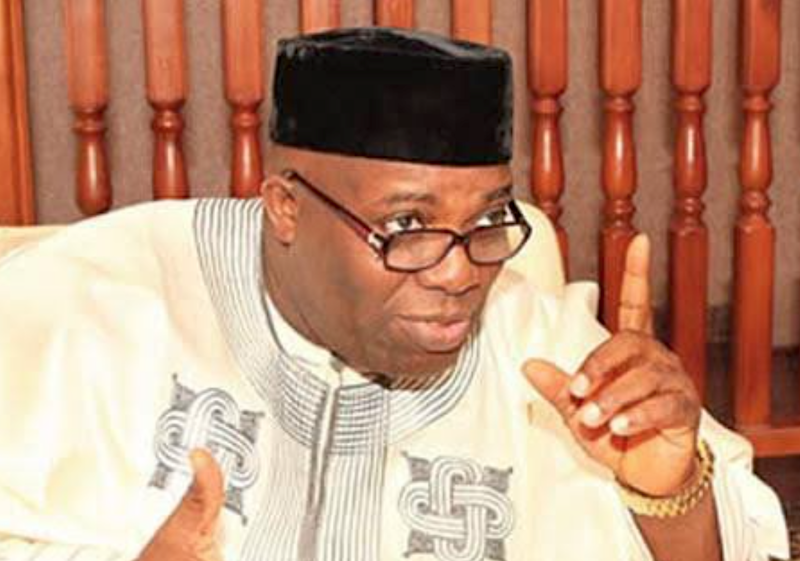

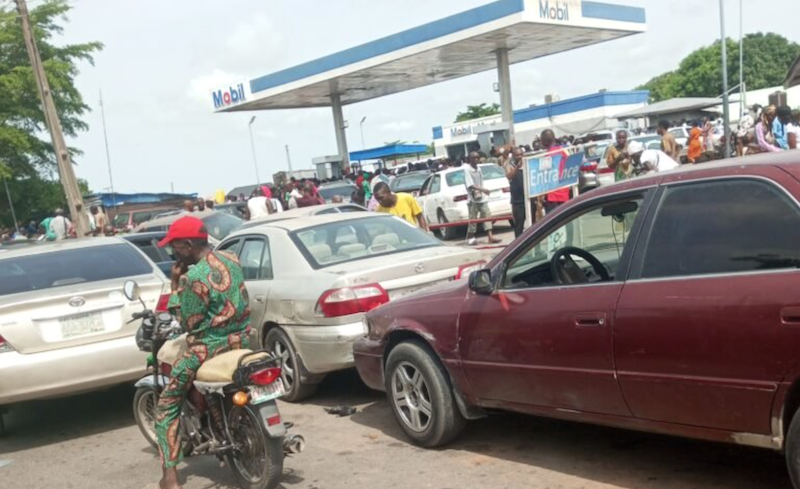
![BREAKING: NNPCL again increases fuel pump price [SEE NEW PRICE]](https://thenewsguru.ng/wp-content/uploads/2024/08/Screenshot-2024-08-21-at-2.21.09-PM.png)

